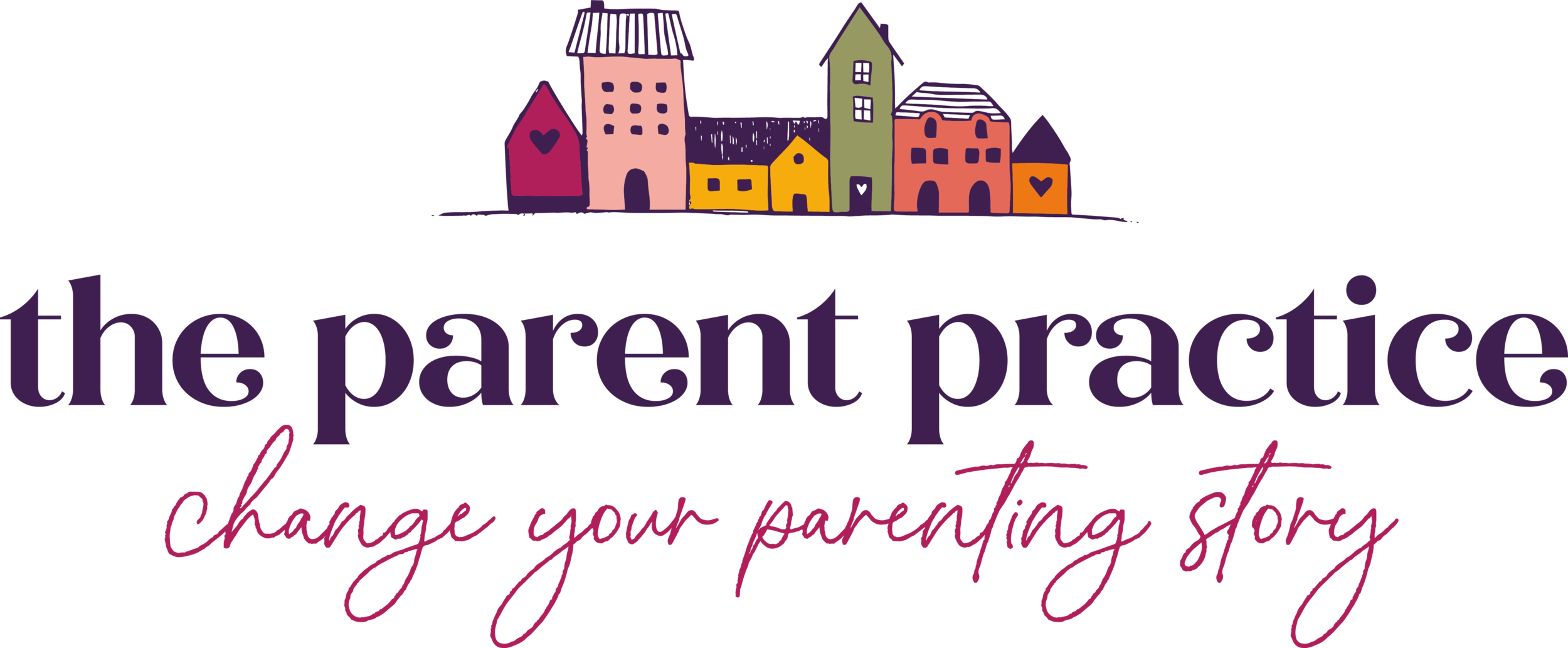Don't Call Your Child Clever
Boy studying mathematics
What kind of so-called parenting experts say don’t call your child clever? Since the sixties haven’t we been exhorted to extol the virtues of our children ad nauseam in the hope of building self esteem and encouraging desirable behaviours? When we want them to feel good about themselves we say well done darling, good girl. And if we think they’re not buying it or we really want to big them up we say ‘fantastic, marvellous, brilliant –you are so clever.’ What’s wrong with that?
Well, usually we say to parents that if they want their kids to have good self esteem and all the positive outcomes that go with that then we need to focus on what children do right more often than what they get wrong. Every parent knows this even though we sometimes have difficulty doing it –like when you’re trying to get them all out of the house and one is on a ‘go slow’ and the other two are complaining that they have to breathe the same air and you can’t find your car keys and NOBODY has got their shoes on!
But even when things are a little calmer we still feel an overwhelming urge to point out what’s wrong with what they’re doing. We’re not bad people but we’ve had decades of conditioning so forgive us if we mistakenly believe we need to highlight what they’ve done wrong in order to help them learn. In fact when we do that the children are apt to tune us out and lose their naturalmotivation to improve and to learn. So yes we do need to focus on the positives and praise our children. In fact the ratio of positive to ‘improving’ should be about 9:1. John Gottman is a researcher who did a lot of work in the area of couples’ relationships. He found that there are a number of criticisms compared to praises beyond which a marriage crumbles, and that number is one (1) criticism to five (5) praises. That’s right. The minimum to keep a marriage off the rocks is 1 bad:5 good. While you’re trying to remember when you last said something positive to your partner I would add that in the case of children parents should be praising even more frequently because we are actively trying to shape our children’s behaviour and form their characters. I would assert therefore that we parents should give 9 praises for every criticism/improving comment/correction / just pointing out what could be done differently.
So I’m clearly in favour of praise. But why can’t I tell my child he’s clever? Because he is you know –or at least I want him to do well. How can it hurt? In the past I would have said that any praise was better than none. But even then I would have admitted that there’s a good chance your child is not going to believe you when you say he’s clever so your words lose impact. We have always advocated using praise which is specific and descriptive to make it more credible and give the child enough information to allow them to repeat the positive behaviour on which you’re focusing. We would have said ‘clever girl’ isn’t a very effective form of praise but not actually harmful. And then I discovered some research by a psychologist in the US, Carol Dweck, that has made me even more careful about my choice of words when acknowledging children. Her research has shown that evaluative praise of this kind can actually be detrimental.
Professor Dweck’s findings show that the way adults praise children can determine whether they develop what she calls a ‘growth mindset’ or a ‘fixed mindset’. Her research was looking at motivation and perseverance in the face of set backs. Why do some people give up in the face of failure and others try again –it has to do, not surprisingly, with their beliefs about why they had failed. If you believe you failed because of lack of ability you are more inclined to give up than if you think the failure was down to lack of effort. Surely that’s an argument for telling kids they are able in order to motivate them?
Over the years Dweck developed a theory that learners could be classified as helpless vs mastery oriented. The former believe that intelligence is a fixed trait: you have only a certain amount, and that’s that. “I call this a ‘fixed mind-set’. Mistakes crack their self-confidence because they attribute errors to a lack of ability, which they feel powerless to change. They avoid challenges because challenges make mistakes more likely and looking smart less so….The mastery-oriented children, on the other hand, think intelligence is malleable and can be developed through education and hard work. They want to learn above all else.… Because slipups stem from a lack of effort, not ability, they can be remedied by more effort.”
So how does praise affect this belief system? Contrary to adults’ good intentions when they praise, telling someone they are smart or clever actually contributes to the ‘fixed mindset’ whereas praising a child for trying hard or persevering focuses on the effort they’re making and allows them to develop a ‘growth mindset’. Dweck’s work with children in schools showed that confronted by a setback such as a disappointing test grade, students with a growth mind-set said they would study harder or try a different strategy for mastering the material. The students who held a fixed mind-set, however, were concerned about looking smart with little real regard for learning. They had negative views of effort, believing that having to work hard at something was a sign of low ability. They thought that a person with talent or intelligence did not need to work hard to do well. Attributing a bad grade to their own lack of ability, those with a fixed mind-set said that they would study less in the future, try never to take that subject again and consider cheating on future tests.
So how do we encourage a ‘growth mindset’ in our children? Show them examples of effort producing good results in your own modelling, in stories about other people but above all in their own endeavours. Praise them for not giving up, for trying a different strategy in the face of defeat, for working hard and practising, for improving and don’t focus so much on the outcome or achievement. If they do well in a test say “You must be really pleased -that’s a reflection of all the hard work you put in”. Above all never ever praise your child for being clever.
My Parenting Toolkit programme ( a self study course) gives you the secret formula to positive, firm and consistent parenting. It could just be the best investment you make for your family.

